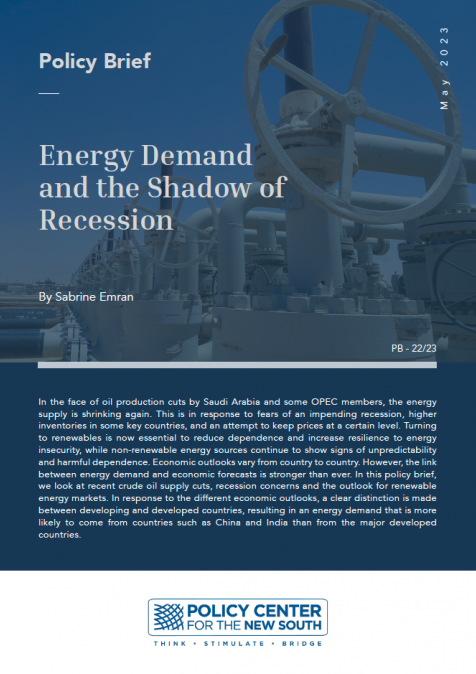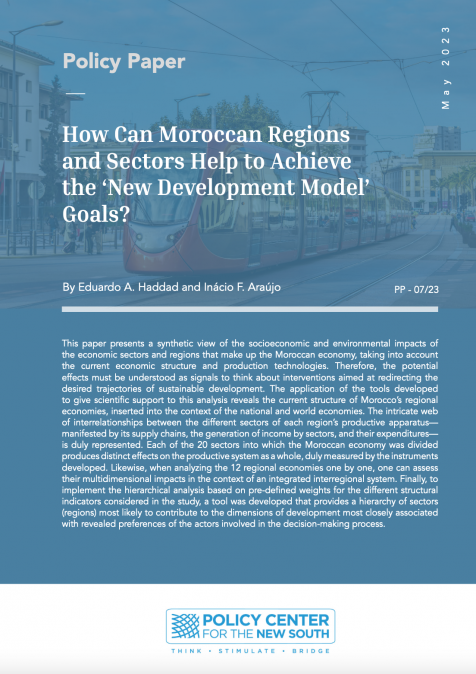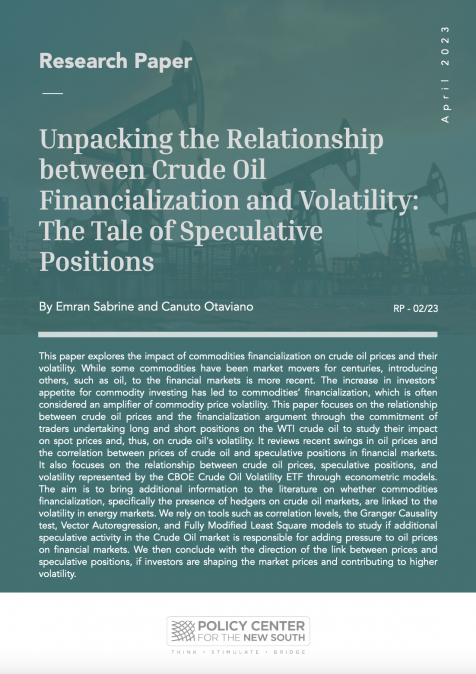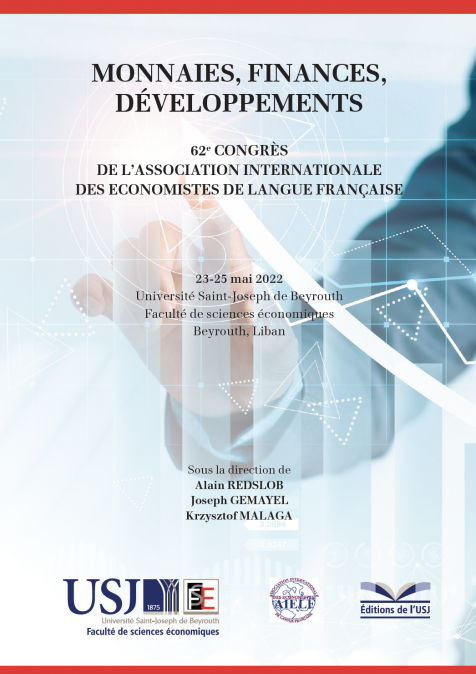Otaviano Canuto, Policy Center for the New South Commodity prices go through extended periods during which prices are well above or below their long-term price trend. The upswing phase in super cycles results from a lag between unexpected, persistent, and upward trends in commodity demand, matched with a typically slow-moving supply. Eventually, as adequate supply becomes available and demand growth slows, the cycle enters a downswing phase. The latest super-cycle of commodity prices, starting in the mid-90s, reaching a peak by the time of the global financial crisis, and getting to the bottom by 2015, can be seen as associated to the developments of globalization that we have already dealt with in this series. More recently, some analysts have spoken that we might be on the verge of a new cycle, super-cycle or not.












